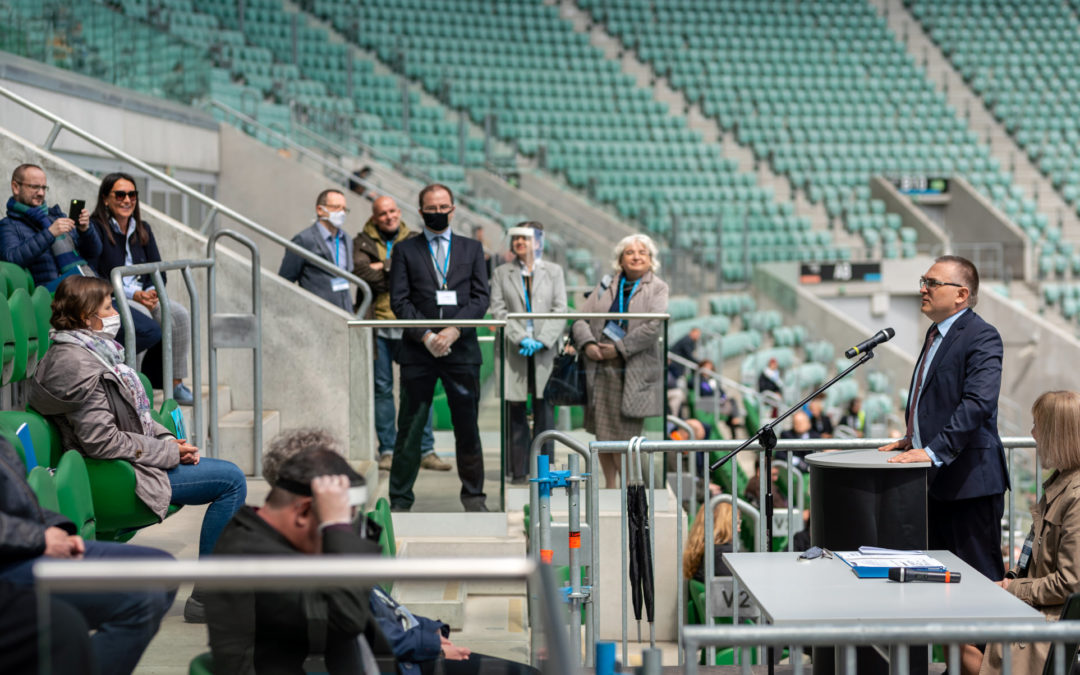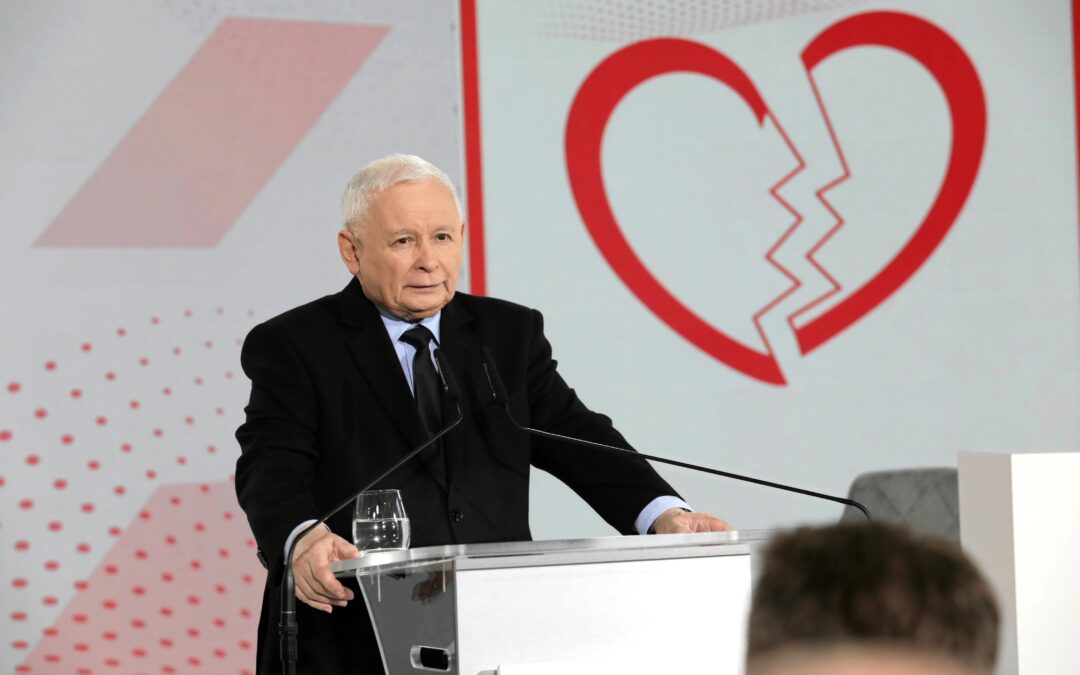The University of Wrocław in western Poland yesterday held elections for a new rector in the city’s football stadium, in order to comply with guidelines on social distancing amid the coronavirus lockdown.
Elections at the university, which traces its history back to 1702, normally take place in the 18th-century Leopoldin Hall, reports Wirtualna Polska, with electors dressed in traditional ermines and birettas. They had been due to be held on 20 March, but were delayed by the outbreak of the pandemic.
Instead, the university hired the 45,000-capacity Wrocław Stadium, built for when Poland hosted the 2012 European football championships. The ground is home to the city’s top-flight football club, Śląsk Wrocław, but has little used amid the current suspension of professional football in Poland. The league is due to resume this weekend, though with stadiums closed to fans.
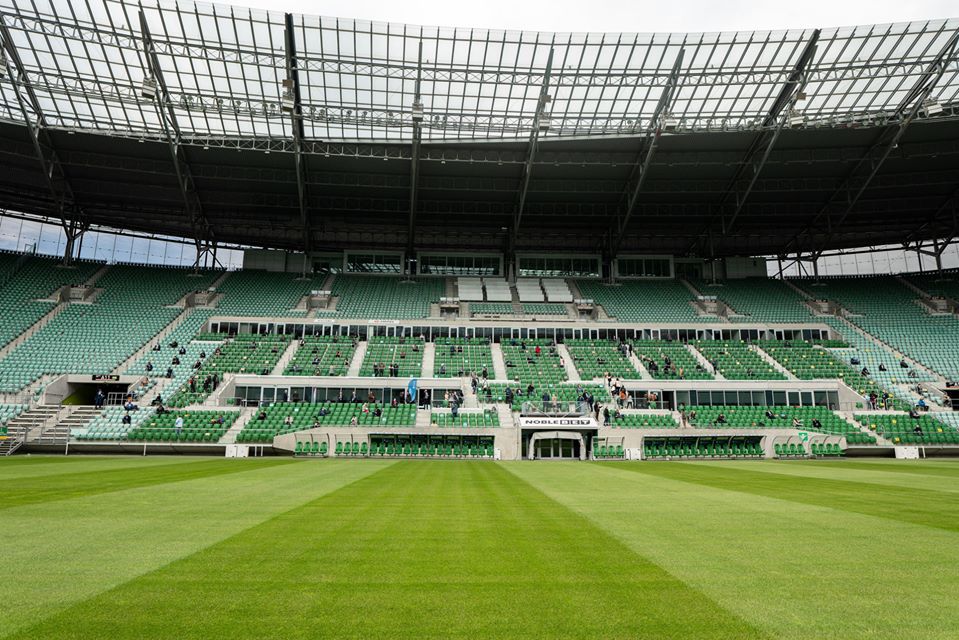
The university’s 230 electors entered the stadium through four separate entrances, and were each given a ticket that guided them to seats spread out across one of the stands. Speeches by the four candidates were broadcast on the stadium’s big screens, and then a ballot box was carried to each of the electors to cast their vote.
“The electoral commission was of the opinion that the [vote] could not take place remotely; we wanted the candidates to present in person,” said the outgoing rector, Adam Jezierski, quoted by Gazeta Wyborcza. “[But] we do not have a large enough room at the university for the current sanitary requirements.”
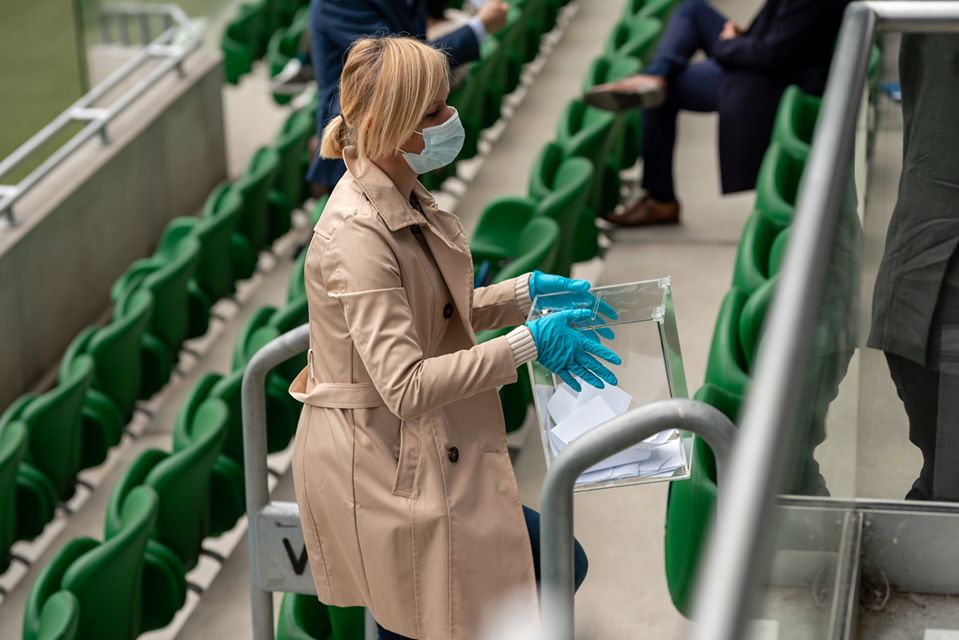
Under current guidelines, an area of at least 1,500 square metres was required to accommodate the electors, commission members and other staff, leading to the choice of the stadium. “The atmosphere was unique,” said Anna Trzeciak, the chairwoman of the university’s electoral college.
The contest was won by Przemysław Wiszewski, a professor from the department of historical and pedagogical studies. Wiszewski has promised to “radically improve the work of the university”, including a programme of modernisation and restructuring, reduced bureaucracy, as well as improved teaching and research standards, reports Gazeta Wrocławska.
Mamy rektora! Wybory w pierwszej turze głosowania wygrał pan profesor Przemysław Wiszewski! Gratulujemy! #uniwroc
Opublikowany przez Uniwersytet Wrocławski Poniedziałek, 25 maja 2020
Wiszewski also describes himself as a “lover and promoter of the history of Silesia”, the historical region in which Wrocław is located. The area has passed back and forth between Poland, Austria and Prussia/Germany over the centuries. Parts of Silesia are also located in today’s Czech Republic.
The University of Wrocław was for the majority of its history known by the city’s German name of Breslau. In 1945, when most of Silesia was reintegrated into Poland after the war, the university was reestablished as a Polish institution, though with many of its buildings having been destroyed in the war and its library plundered by the Red Army.
In 2015, the university symbolically reinstated PhDs to 262 scholars, mostly Jews, who had been stripped of them under Nazi rule. The new rector is a member of the German-Polish history group at the Deutsches Polen-Institut in Darmstadt.
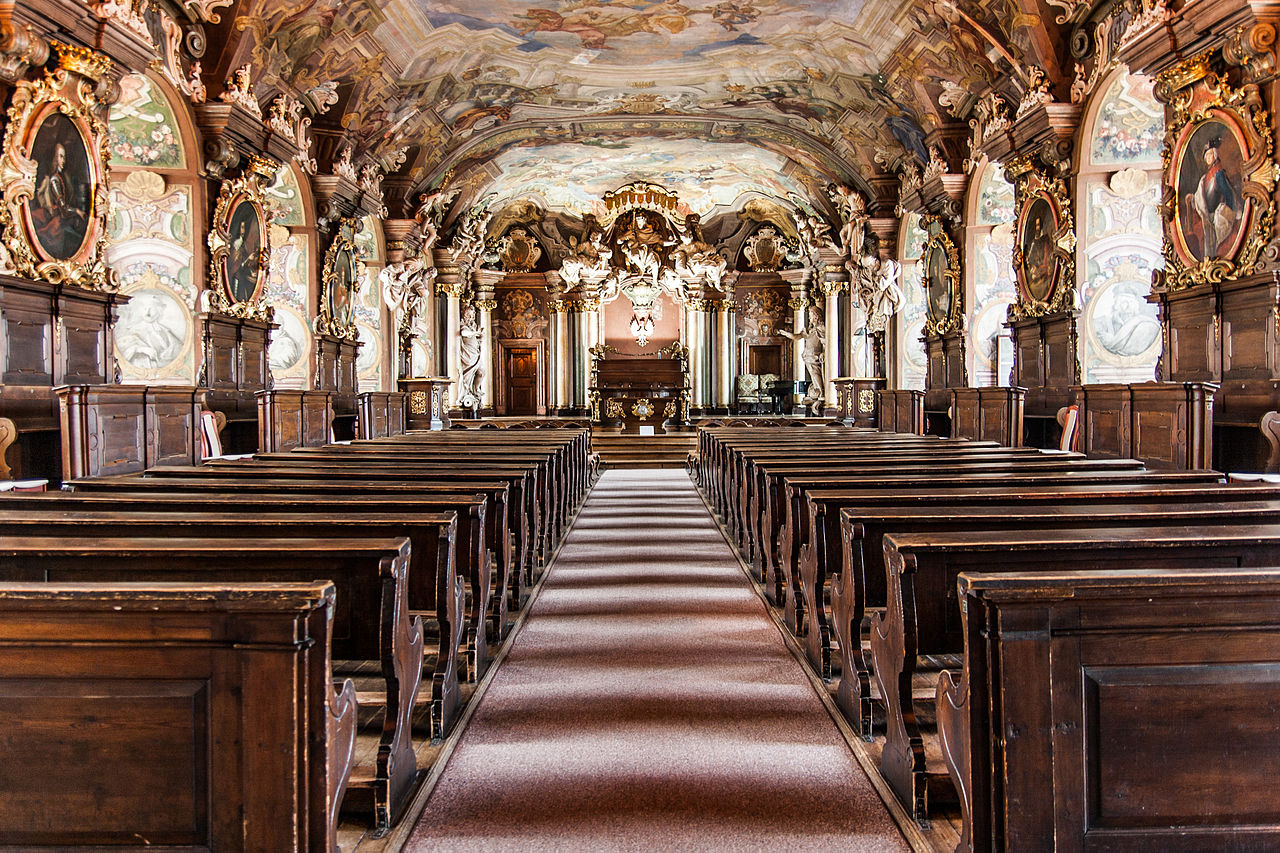
The 18th-century Leopoldin Hall, where rectoral elections would normally take place (Piotr Błaszczyk/Wikimedia Commons, under CC BY-SA 3.0)
Universities in Poland have been largely operating remotely since mid-March, when the Poland began introducing its first lockdown measures. Most teaching has been moved online, though earlier this month the government allowed some forms of in-person teaching to resume.
Amid lockdown, other universities have also had to find innovative solutions to electing new rectors. Kraków’s Jagiellonian University, one of the oldest in Europe, this month elected the 306th rector in its 656-year history – but the first to be chosen by remote voting.
Kraków's Jagiellonian University, one of the oldest in the world (and my alma mater), today celebrated the 656th anniversary of its founding in 1364.
It also elected its 306th rector, but the first chosen by remote voting.
Its motto is plus ratio quam vis (reason over force) pic.twitter.com/dIglUb6GIy
— Daniel Tilles (@danieltilles1) May 12, 2020
Image credit: all images from Uniwersystet Wrocławki/Facebook unless otherwise credited

Daniel Tilles is editor-in-chief of Notes from Poland. He has written on Polish affairs for a wide range of publications, including Foreign Policy, POLITICO Europe, EUobserver and Dziennik Gazeta Prawna.
